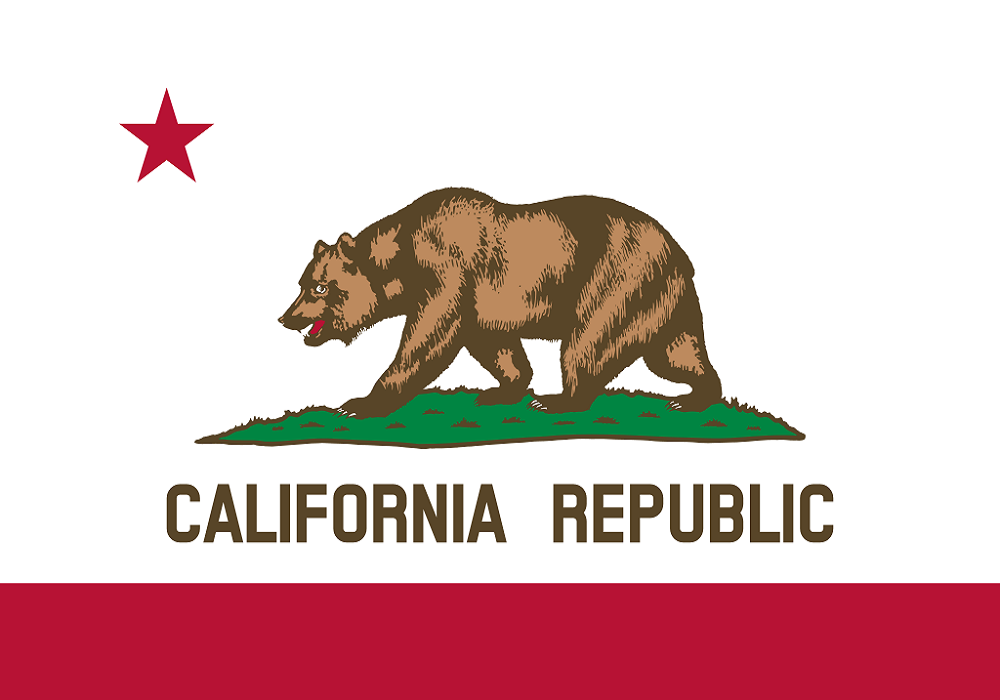(Subd (a) amended effective January 1, 2017; previously amended effective January 1, 2007.)
If the imposition of a sentence is to be suspended during a period of probation after a conviction by trial, the trial judge must identify and state circumstances that would justify imposition of one of the three authorized terms of imprisonment referred to in section 1170(b), or any enhancement, if probation is later revoked. The circumstances identified and stated by the judge must be based on evidence admitted at the trial or other circumstances properly considered under rule 4.420(b).
(Subd (b) amended effective January 1, 2018; previously amended effective July 28, 1977, January 1, 2007, May 23, 2007, January 1, 2008, and January 1, 2017.)
(Subd (c) amended effective January 1, 2018; previously amended effective July 28, 1977, July 1, 2003, January 1, 2007, May 23, 2007, and January 1, 2017.)
(Subd (c) amended effective January 1, 2017; previously amended effective July 28, 1977, July 1, 2003, January 1, 2007, and May 23, 2007.)
Cal. R. Ct. 4.433
Advisory Committee Comment
This rule summarizes the questions that the court is required to consider at the time of sentencing, in their logical order.
Subdivision (a)(2) makes it clear that probation should be considered in every case, without the necessity of any application, unless the defendant is statutorily ineligible for probation.
Under subdivision (b), when imposition of sentence is to be suspended, the sentencing judge is not to make any determinations as to possible length of a term of imprisonment on violation of probation (§ 1170(b) ). If there was a trial, however, the judge must state on the record the circumstances that would justify imposition of one of the three authorized terms of imprisonment based on the trial evidence.
Subdivision (d) makes it clear that all sentencing matters should be disposed of at a single hearing unless strong reasons exist for a continuance.

